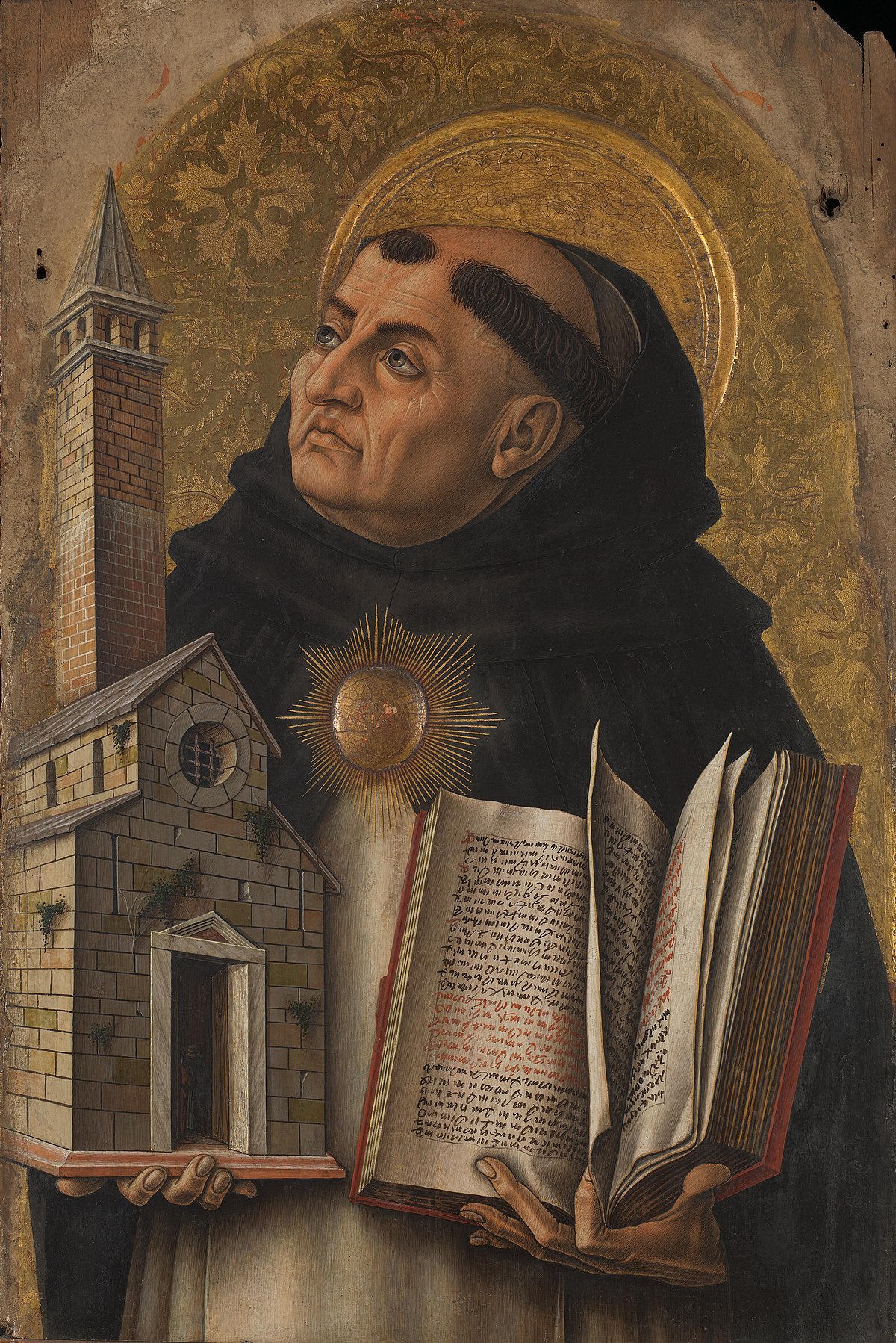There's a widespread belief, even among some Christians, that Christianity is fundamentally anti-science and anti-liberty. However, this fails to recognize that there's always been a strong pro-science and pro-liberty dimension to Christianity. In fact, modern science and liberty movements are pretty much all rooted in the philosophy of Christian thinkers like Thomas Aquinas.
The ideas put forward by these scholars are based on passages in the Bible where we're told that we should manage and arrange nature to our benefit, and that we are fundamentally free to do both good and evil as we please. The role of Christianity is not to oppose this directly, but to guide our actions towards good, and to help us resist the temptation to replace God with ourselves. The question then becomes; at what point are we no longer arranging things to our benefit, but overstepping the boundary between God and ourselves?
The short answer to this is that we should use what is given, and not meddle with any of it. When we study nature, we should pay attention to inherent complexities and treat them with respect. At most, we should perform small scale experiments to see the effects of our interactions.
I recently read a scientific paper on forest management, and it was written very much with this in mind. The reader was constantly warned against shortcuts such as artificial fertilizers and large scale mechanical interventions. The ideal forest grows on its own, with the only intervention by humans being the cleaning out of dead wood, pruning of branches and management of shrubs and fallen leaves. The perfect forest looks something like a park; pleasing to the eye and full of life.
None of this is contrary to anything in the Bible. On the contrary, we're specifically told to act this way, and Thomas Aquinas emphasized the importance of close observation and study. To study nature is to study God's creation. It's akin to prayer, and the benefits can be immense. The well tended garden is vastly more productive and pleasing to the eye than an untended plot of land.
Wild and untended nature can be a fantastic sight. However, no-one would want to live in such a place without some modification. We need a house to live in, and we don't want untamed nature right up to our doorstep.
There's nothing wrong in studying nature down to the very last atom. However, we should be careful about intervening directly into this. Nature is complex for a reason, and to think that something foreign can be introduced into it without adverse consequences is hubris. If the eco-system in which a foreign element is introduced lacks any naturally occurring antidote, we're no longer using nature but meddling with it, and we know from experience that such meddling can have some far reaching adverse effects.
This is what separates the traditional vaccine from the newly developed ones. The ones that were developed to fight small pox, tuberculosis and polio contained stunted versions of naturally occurring pathogens. When introduced into the complex eco-system that is our bodies, our immune system knew what to do. It recognized the pathogens, killed them, and stored a record of how to do this for the future. When hit by the real disease, our bodies were ready, and the disease was defeated. However, modern vaccines don't work this way. Instead of using our immune system, they meddle with them. Our immune systems are being re-programmed to act differently from what God intended.
We're currently engaged in large scale experiments involving direct intervention into God's creation. This is contrary to anything any Christian scientist would recommend, and likely to end badly. People injected by the vaccine have their immune systems altered, and there's no known counter-mechanism. Our bodies don't contain any antidote. Vaccine makers are no longer using God's creation. They are playing God, and that has never before ended in anything but disaster.
 |
| Thomas Aquinas |
By Carlo Crivelli - http://www.nationalgallery.org.uk/paintings/carlo-crivelli-saint-thomas-aquinas, Public Domain, Link
No comments:
Post a Comment